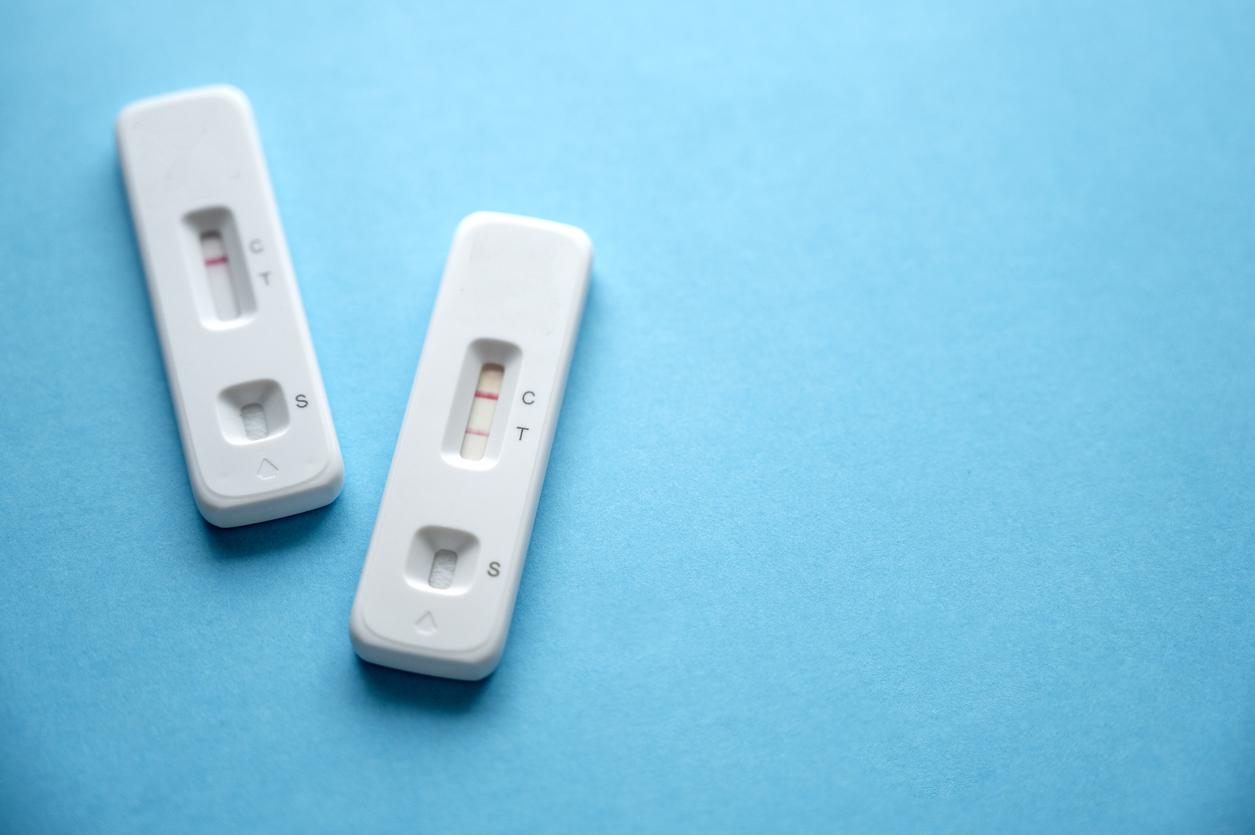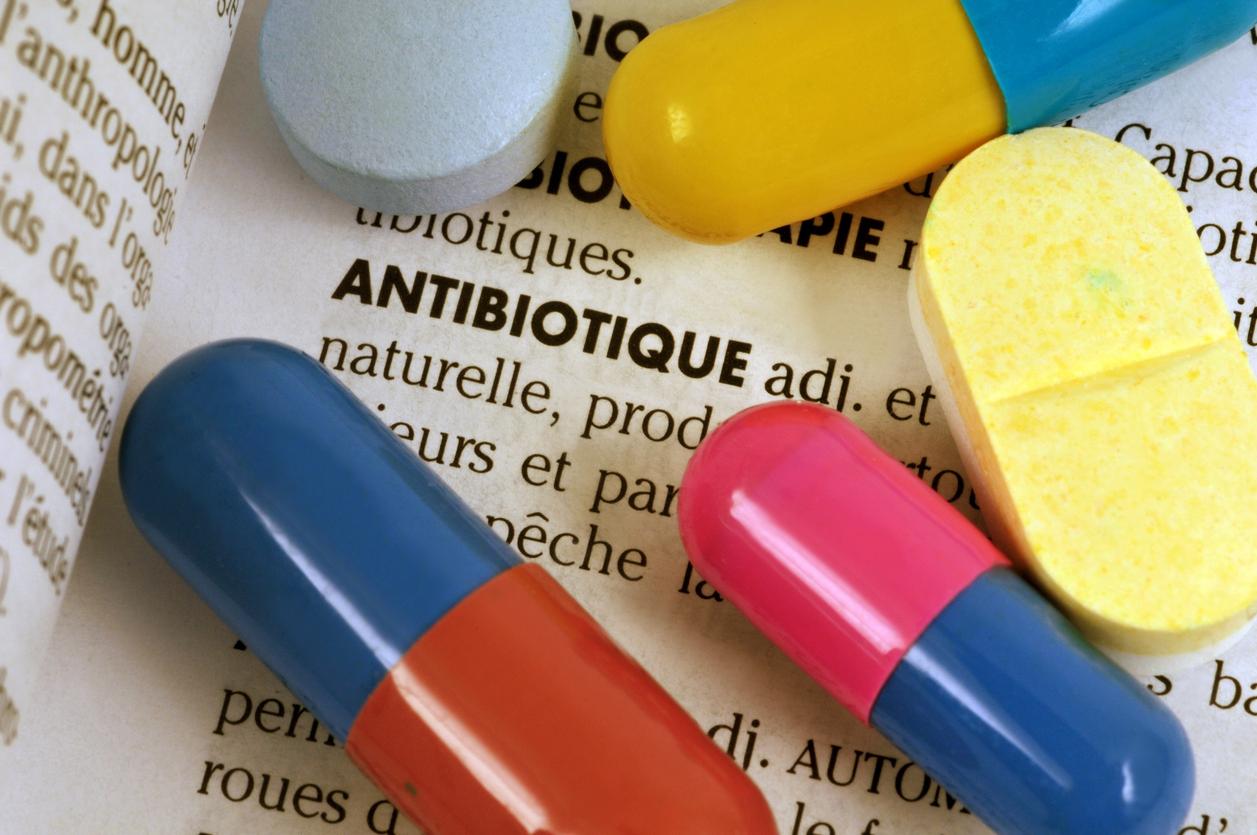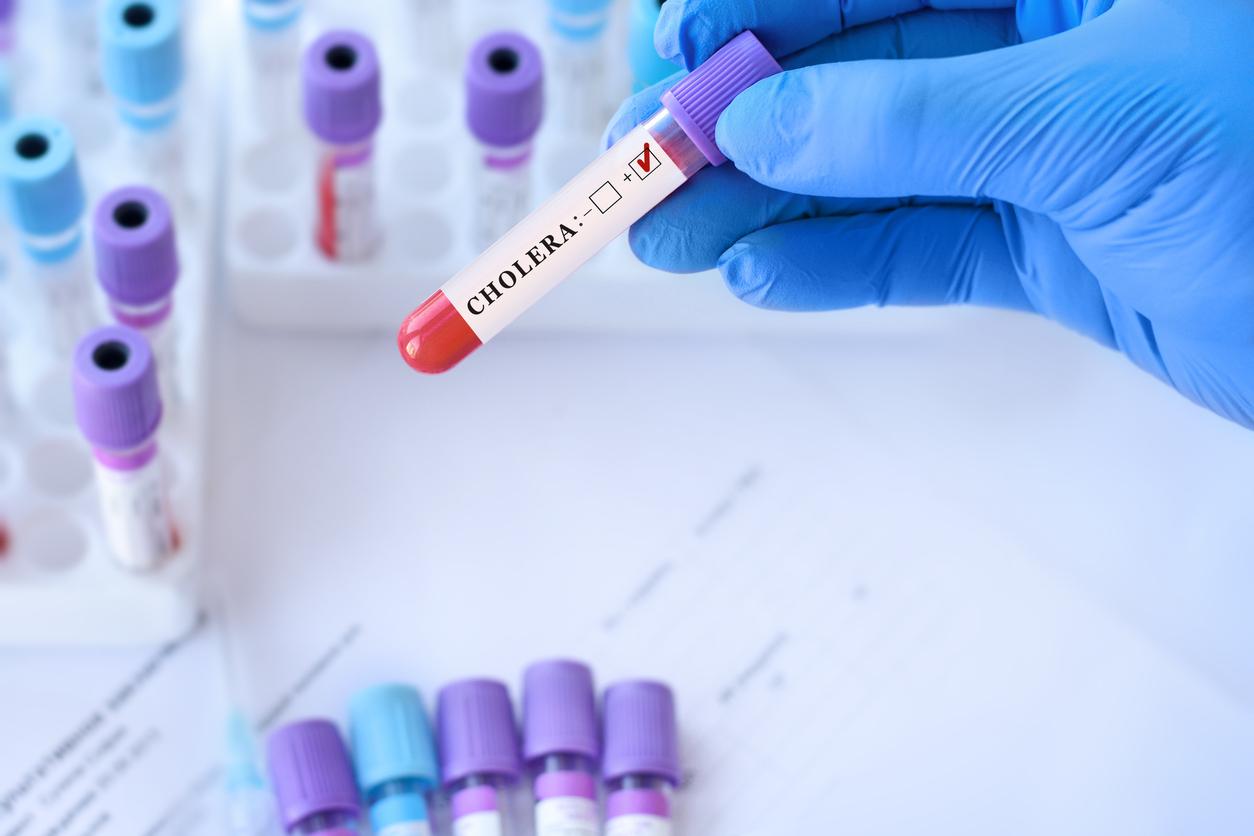Since October 1, a rapid diagnostic orientation (TROD) of angina is now possible in pharmacies for 1 euro HT. The government thus hopes to avoid the use of unnecessary antibiotics.

Each year, 9 million French people suffer from angina. In 50-90% of situations, the disease, which is characterized by infection in the tonsils, is caused by a virus, in which case antibiotics are useless. Despite everything, GPs often prescribe it as a precautionary principle. This is why, in order to fight against antibiotic resistance and relieve congestion in waiting rooms by preventing patients from having to go to the doctor for nothing, a rapid diagnostic orientation test (TROD) for angina can now be performed by pharmacists for 1 euro excluding tax since 1erOctober 2019. And to From January 1, 2020, these tests will be reimbursed by Social Security.
Issued free to doctors since 2002, this test allows the pharmacist to take a sample from the patient’s throat using a kind of cotton swab. Then, just dip the swab in a reagent, which will change color depending on the nature of the disease. Five to ten minutes later, we know if the test is negative (viral angina) or positive (bacterial or streptococcal angina).
In the first case, antibiotics are therefore useless and do not relieve the symptoms. If viral angina usually heals on its own, to relieve your symptoms you can still suck ice or take paracetamol or aspirin in case of high fever or migraines. If the angina is streptococcal, on the other hand, you are advised to go to the doctor who will probably prescribe amoxicillin (except in the event of an allergy) for 6 days as a first-line treatment.
A test too little used by doctors, according to the government
Before three years, this test is useless because angina is almost always viral, however, remind the health authorities. Furthermore, despite a negative test, certain patients at greater risk of acute rheumatic fever (AAR), subject to recurrent strep throat due to strep A or returning from an endemic country, may be offered a sample of throat for added safety.
With this new measure, the government hopes that the test will be carried out more often. Because only 40% of general practitioners ordered it free of charge in 2017. “About 10% of antibiotic prescriptions correspond to treatment for angina (9 million cases each year) while 80% of angina is due to viruses, therefore do not require antibiotics”, deplores Matignonrecalling that the overconsumption of antibiotics contributes to the development of antibiotic resistance, a major public health problem.
Indeed, in a monitoring report carried out on 114 countries in 2014, the WHO has drawn up an alarming report : Mild infections could kill again for lack of effective antibiotics. Many researchers are therefore currently working on the subject, for example trying to deploy natural viruses called bacteriophages to infect and kill bacteria.

.















